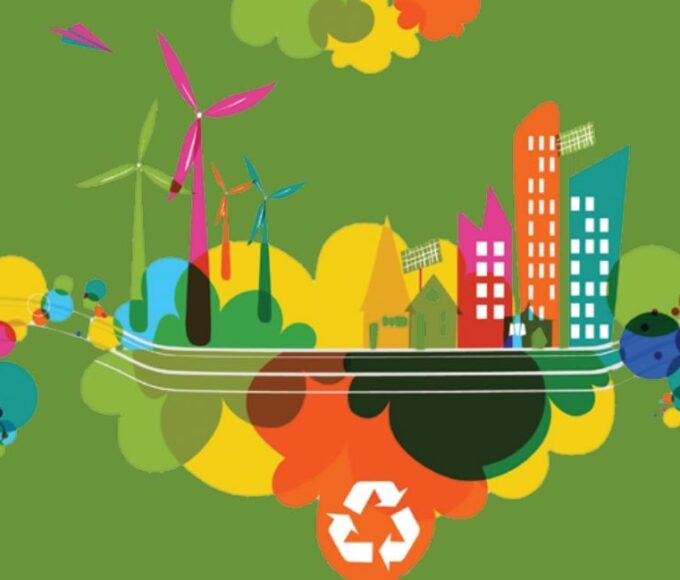WORKING on the concept of institutional ethics as a possible solution to the menace of corruption in government, the IC Centre for Governance looked around for a value-based organisation in public governance. The search was very tricky, like the proverbial looking for a needle in a haystack. The hunt was as difficult, if not more, as in the corporate sector. Finally, we narrowed down to two government organisations, one of which was the Delhi Metro.
Delhi Metro is the world’s 12th largest metro system in terms of both length and number of stations with a length of 213 kilometers. Its daily ridership has reportedly crossed 3 million passengers. The Delhi Metro Rail Corporation (DMRC) has been certified by the United Nations as the first metro rail and rail-based system in the world to get “carbon credits for reducing greenhouse gas emissions” and helping in reducing pollution levels in the city by 630,000 tonnes every year. It has the distinction of becoming the second metro in the world, after the New York City Subway, to be ISO 14001 certified for environmentally friendly construction.
It is common knowledge that Delhi Metro is expanding its coverage not only in the Capital but also in the adjoining areas of NCR. More lines are being constructed. We are seeing largescale tunneling and elevated corridors coming up everywhere. More observant Dilliwallahs would confirm that while tonnes of sand are excavated at various sites, nobody knows where it disappears. Even the wheels of trucks carrying the sand seem to have been washed when they come out of DMRC’s cordoned off areas.
We know that after a particular line is completed, the roads are in a much better condition than before. They even beautify the parks and sidewalks for us. Their work is not stalled because of a water pipeline or an electric cable crossing or obstructing the way. The uniformed employees of DMRC are arguably more efficient managers of traffic wherever Metro work is underway.
We do not hear of any scam in Delhi Metro. The bills of contractors and suppliers are reportedly settled within a stipulated time frame. And almost every project is completed in time.
In an atmosphere of delayed and botched up infrastructural projects, how does it happen? The government had to set up a new cell in the Cabinet Secretariat to monitor other large projects on a regular basis. Delhi Metro does not need any external monitoring. What is the secret of Delhi Metro?
I call it conscious public service delivery.
Conscious public service is no longer a theory, it is a way to work and live. It is the ethos—the values, principles, practices—which permeates the culture of the institution. In the rapidly changing 21st century, it is critical that State organisations be agile, adaptable and resilient in order to be citizen centric. The bureaucratic, left-brain static model of the 20th century must transform to meet the demands of the transparent, people-oriented and sustainable governance. Conscious public service is about people who are aware of the impact their habits and actions have on their organisation and their environment.
That institutions, organisations, agencies and departments of government in our country have been steadily corrupted during the last three decades or more is undisputable. However, it will require a closer scrutiny of each institution / organisation to gauge the exact manner and the extent to which they have been abused or distorted. The internal variables, like structure, design and the basis of legitimacy that determine their transactions with the citizens, would need careful examination. The difference between the initial design of an institution / organisation and its current behaviour would show the extent of its degeneration.
Theoretically, more computerisation and increasing the insulation of processes from human manipulation are seen as effective ways to reduce malfunctioning in the delivery of services. However, it is not always possible, and often not desirable, to exclude the intervention of human element totally. Besides, the improvements in the design and management of delivery systems require handling by personnel. Therefore, automation does not provide a complete solution to the ills of governance.
SINCE questionable practices have got embedded in the culture of most government institutions over a long period, the possibility of expecting fair, honest and adequate delivery of services is diminishing. The sundry initiatives to encourage fearless discharge of duties by well intentioned and honest civil servants have failed to inspire confidence.
Unlike in some industrial sectors where various companies are rated by rating agencies on stipulated parameters, no such practice exists for the public institutions. There is no known benchmarking in government. For instance, there is no system of adjudging different municipal corporations in the country.
Endpoint: Is it feasible to generate pragmatic benchmarks of ethical public institutions?
The writer was the Cabinet Secretary and the first Governor of Jharkhand. He can be reached at pkumar1511@hotmail.com
Prabhat Kumar is an Indian Administrative Service officer of the 1963 batch, he served as the Cabinet Secretary of Government of India between 1998 and 2000. Upon creation of the State of Jharkhand in November 2000, he served as the first Governor.

















































